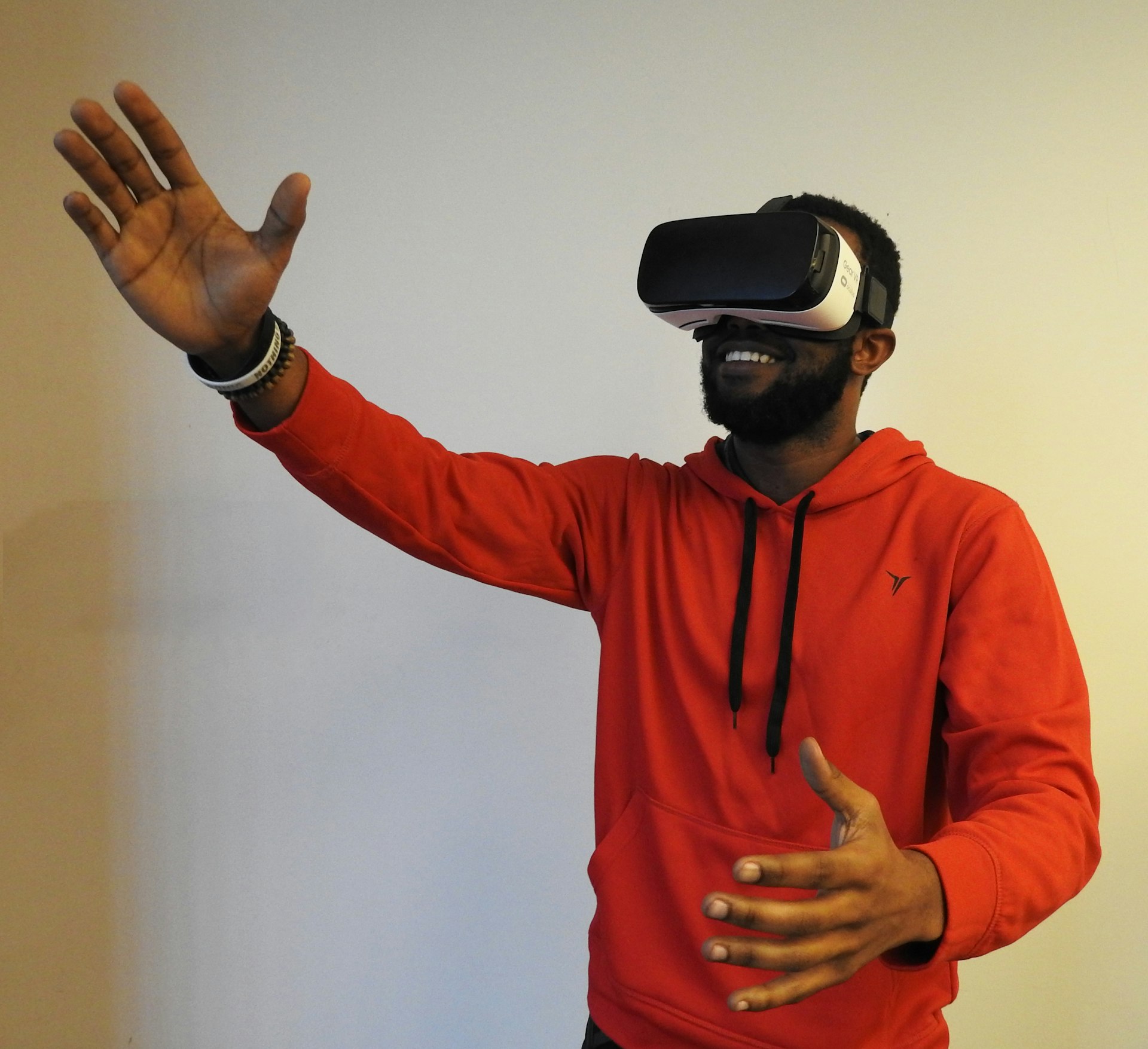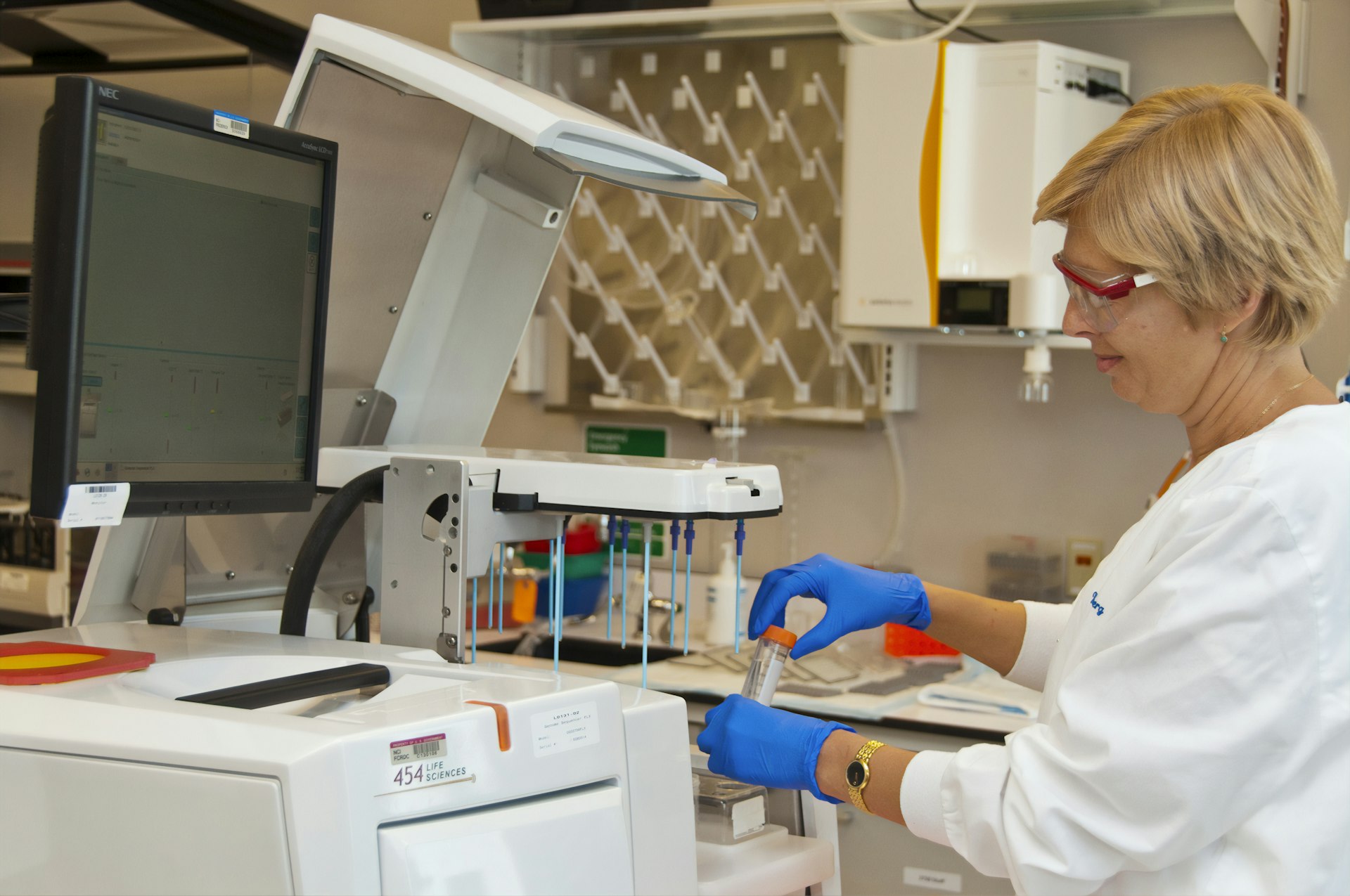How Emotional Intelligence Transforms Patient Care and Healthcare Teams

Photo by Markus Winkler on Unsplash
Introduction: The Critical Role of Emotional Intelligence in Healthcare
Emotional intelligence (EI) is increasingly recognized as a fundamental skill for healthcare professionals. It is the capacity to recognize, understand, manage, and use emotions effectively-both in oneself and in others. In the high-pressure, high-stakes environment of healthcare, EI contributes to enhanced patient care, stronger teamwork, improved communication, and better decision-making. As the industry evolves, developing and applying emotional intelligence is not only a personal asset but a key organizational advantage [5] .
What is Emotional Intelligence? Understanding the Four Core Domains
Emotional intelligence is commonly divided into four main domains [5] :

Photo by Wiki Sinaloa on Unsplash
- Self-awareness : Recognizing and understanding your own emotions and their impact on your decisions and actions.
- Self-management : Controlling and adapting your emotional responses, maintaining resilience under stress, and acting with integrity.
- Social awareness : Sensing and understanding the emotions and needs of others, including patients and colleagues.
- Relationship management : Building healthy relationships, managing conflict, and inspiring and influencing others effectively.
These abilities are especially vital in healthcare, where providers must navigate complex interpersonal dynamics and high-stress scenarios daily [1] .
Enhanced Patient Care: The Heart of Emotional Intelligence
One of the most direct benefits of EI in healthcare is its impact on patient care. Healthcare professionals with high EI are better equipped to empathize with patients, leading to deeper connections and improved trust. For example, a doctor who senses a patient’s anxiety can provide reassurance and adapt their communication style to meet the patient’s emotional state. This not only improves patient satisfaction but can also lead to better adherence to treatment plans and outcomes [1] .
Case studies show that emotionally intelligent clinicians are more likely to recognize subtle cues, such as a patient’s fear or hesitation, and are able to address those concerns proactively. This holistic approach helps patients feel valued and understood, fostering long-term relationships and loyalty to the care provider.
If you are a patient seeking emotionally supportive care, ask potential providers about their approach to patient communication and support. Many hospitals and clinics now offer patient advocacy or support programs that prioritize emotional intelligence in their care models.
Effective Communication and Teamwork in Healthcare Settings
Communication in healthcare extends far beyond relaying diagnoses or treatment plans. It involves listening actively, interpreting nonverbal cues, and responding empathetically to patients’ and colleagues’ concerns. Healthcare professionals who develop EI are better equipped to listen not just to what is said, but also to the underlying emotions and motivations. This leads to more accurate histories, clearer expectations, and fewer misunderstandings [1] .
In team settings, EI fosters trust, respect, and open communication. For example, nurses and physicians who recognize each other’s emotional states can collaborate more smoothly, resolve conflicts quickly, and support each other through challenging situations. Leaders with high EI can inspire their teams, manage stress during crises, and drive organizational change with empathy and clarity [3] .
To improve communication and teamwork, organizations can provide EI training through workshops, simulation exercises, and mentorship programs. Healthcare professionals interested in developing these skills should seek out such opportunities in their workplace or through accredited continuing education courses. You may also reach out to your human resources or professional development department for available programs.
Patient Safety and Clinical Decision-Making
Emotional intelligence is a critical factor in maintaining patient safety. Clinicians who integrate emotional data into their assessments-such as a patient’s fear or a sense of urgency-are better able to interpret symptoms and respond proactively. For instance, a nurse who takes a patient’s anxiety seriously, even when clinical signs are stable, may prevent adverse outcomes by acting on subtle cues [4] .
EI also helps healthcare workers manage cognitive biases. By being aware of their own emotions and potential stressors, clinicians can avoid overreacting or underreacting in critical situations. This balance of emotional and rational thinking enhances judgment, reduces burnout, and promotes safer, more effective care.
If you are a healthcare administrator, consider integrating emotional intelligence modules into staff safety and quality improvement training. Encourage open discussions about emotional experiences in clinical practice to foster a culture of safety and empathy.
Managing Stress and Preventing Burnout in Healthcare
Healthcare is inherently stressful, and chronic stress can lead to burnout, errors, and decreased quality of care. Emotional intelligence provides healthcare professionals with tools to recognize their own stress, regulate their reactions, and seek help when needed [5] . For example, regular self-reflection, mindfulness practices, and peer support groups can help professionals build resilience and maintain emotional balance.
Organizations can support staff by offering wellness programs, stress management resources, and confidential counseling services. If you are experiencing signs of burnout, consider reaching out to your organization’s employee assistance program, occupational health department, or a licensed mental health professional. You may also search for “healthcare professional support resources” through your local medical association.
Developing Emotional Intelligence: Steps for Healthcare Professionals
Developing EI is a process that requires intention and practice. Here are actionable steps:
- Self-reflection: Regularly assess your emotional responses to challenging situations. Journaling or debriefing with peers can increase self-awareness.
- Seek feedback: Ask colleagues and mentors for feedback on your communication style and emotional impact.
- Engage in training: Participate in workshops or courses focused on EI. Many professional organizations, such as the American Medical Association or the American Nurses Association, offer continuing education in this area.
- Practice mindfulness: Incorporate mindfulness techniques such as deep breathing, meditation, or mindful listening to stay present and regulate emotions during stressful moments.
- Foster empathy: Make a conscious effort to see situations from patients’ and colleagues’ perspectives, especially during disagreements or high-stress events.
Healthcare organizations can further support EI development by embedding these skills into their onboarding and leadership programs. For those seeking external resources, searching for “emotional intelligence training for healthcare professionals” via reputable medical associations or university extension programs is recommended.
Potential Challenges and Alternative Perspectives
Despite its benefits, the importance of emotional intelligence in healthcare is not universally accepted. Some research suggests that EI is difficult to define and measure, and its direct impact on patient satisfaction is debated [2] . Additionally, some clinicians worry that focusing too much on emotions could distract from clinical decision-making. Balancing empathy with objectivity remains a key challenge.
To address these concerns, organizations should adopt evidence-based approaches to EI training and regularly assess outcomes. Combining EI development with traditional clinical skills ensures a holistic, patient-centered approach without compromising medical rigor.
Conclusion: Taking Action to Build a More Emotionally Intelligent Healthcare System
Emotional intelligence is not a luxury but a necessity in modern healthcare. By enhancing empathy, communication, teamwork, and resilience, EI transforms patient experiences and strengthens healthcare teams. Whether you are a healthcare professional, administrator, or patient, prioritizing emotional intelligence can lead to safer, more compassionate, and more effective care.
If you want to develop your own emotional intelligence, consider enrolling in professional development courses, joining peer support groups, or starting a personal mindfulness practice. For organizations, integrating EI into training, evaluation, and leadership development will help foster a culture of empathy and excellence.
References
- Harvard Medical School (2023). Emotional Intelligence in Medical and Health Professions Education.
- Windsor University (2023). Building Emotional Intelligence – Why it’s Essential for Future Doctors?
- MGH Institute of Health Professions (2022). Emotional Intelligence: A Critical Piece of Leadership in Health Professions Education.
- National Institutes of Health (2016). A model for the role of emotional intelligence in patient safety.
- International Journal of Trend in Research and Development (2021). Emotional Intelligence in Healthcare.
MORE FROM cheerdeal.com













